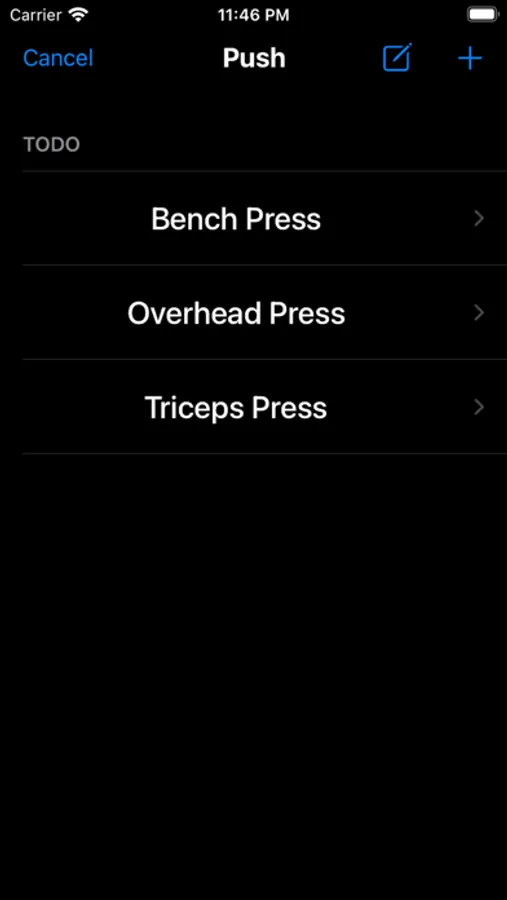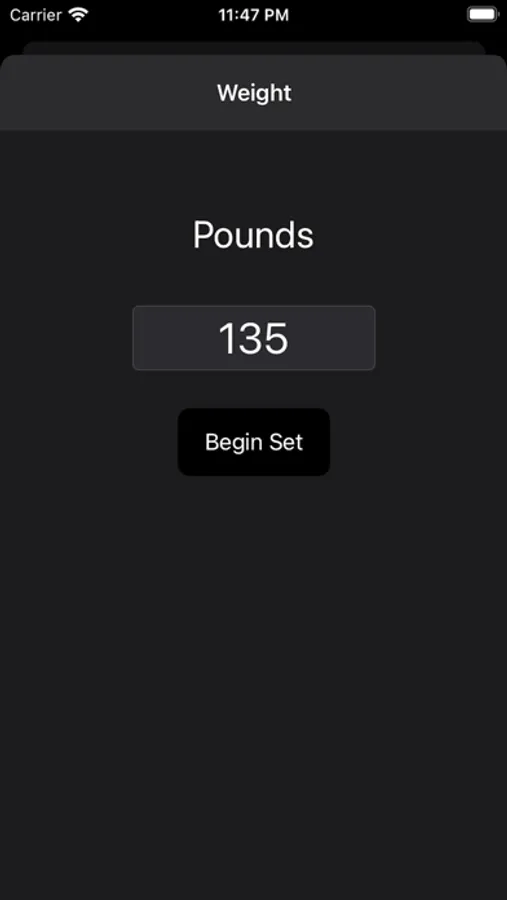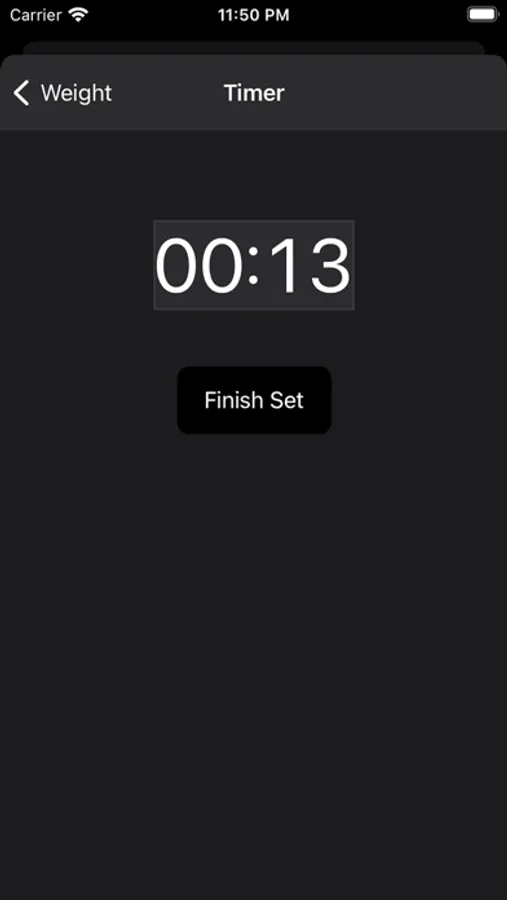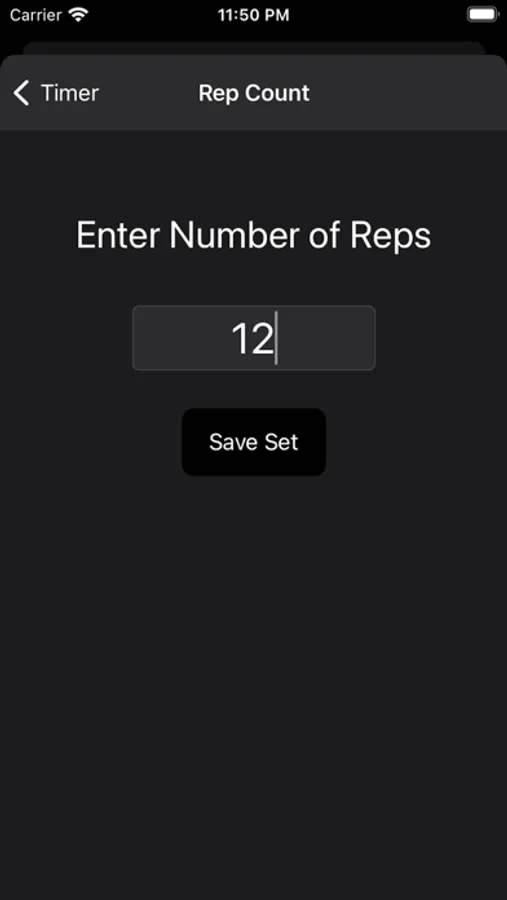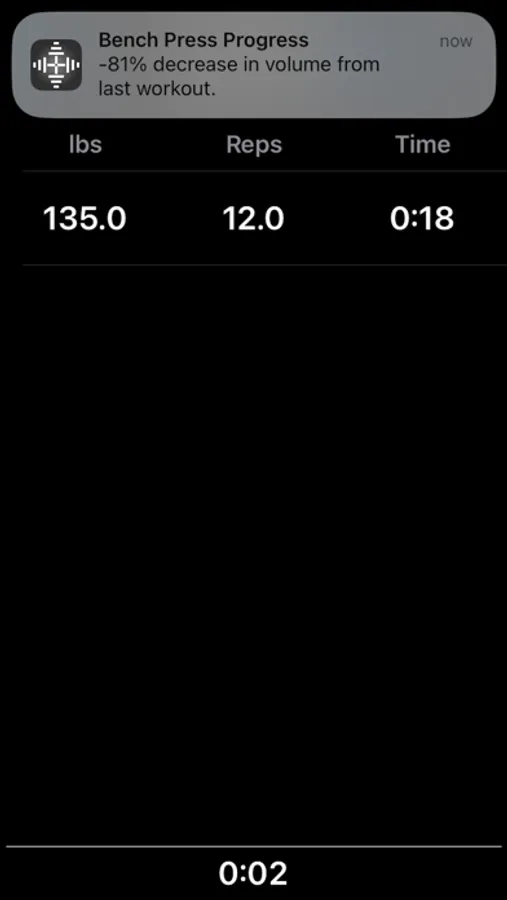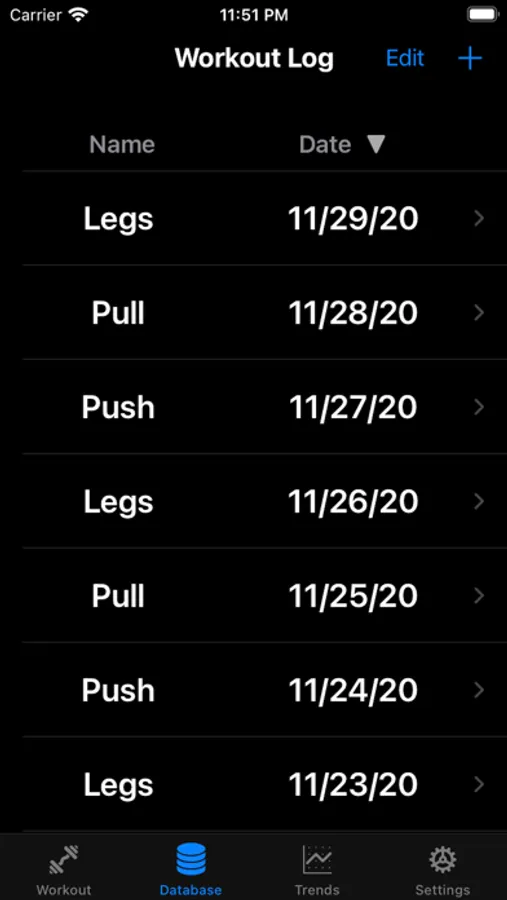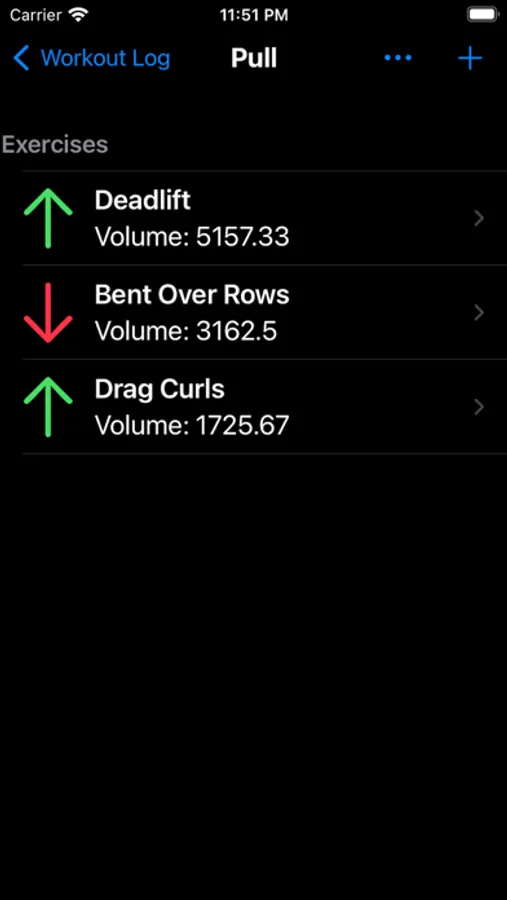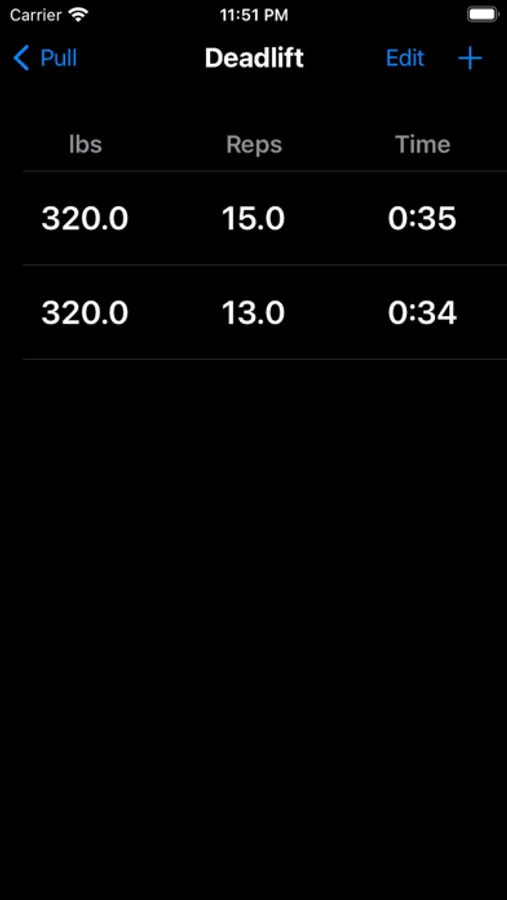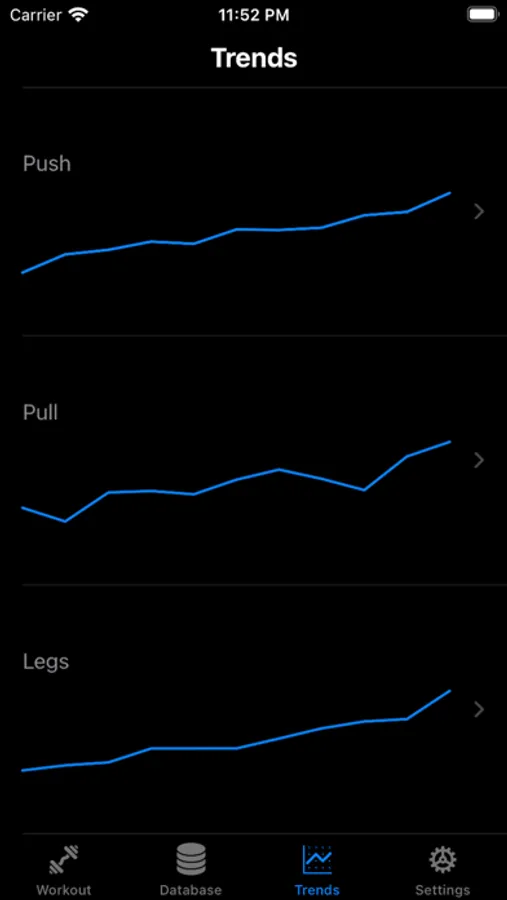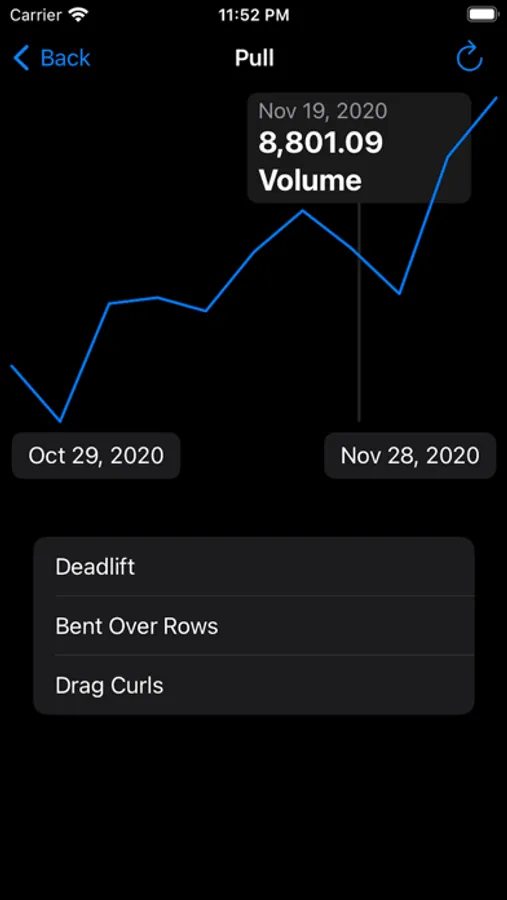AppRecs review analysis
AppRecs rating 3.3. Trustworthiness 78 out of 100. Review manipulation risk 23 out of 100. Based on a review sample analyzed.
★★★☆☆
3.3
AppRecs Rating
Ratings breakdown
5 star
50%
4 star
7%
3 star
0%
2 star
7%
1 star
36%
What to know
✓
Low review manipulation risk
23% review manipulation risk
✓
Credible reviews
78% trustworthiness score from analyzed reviews
About Push Pull Legs
The only way to make gains is to increase the amount of work you perform every time you hit the gym--Progressive Overload. This app measures the load you put on your muscles each workout. Get notified on your progress after each set. The three main components of each set: weight x repetitions x time. All three are a factor in the amount of work performed. Track progressive overload with the product of these three measurements. Use the graphs and database to observe your progression.
Here is how it works:
1. Lift heavy. Results are not achieved with light weights.
2. Perform the last set of each exercise to failure. Exhaust every single muscle fiber.
3. Spend 4 seconds on each rep.
4. Collect the weight, number of reps, and duration for each set.
5. Workout load = weight • reps • duration.
6. If your current workout load is greater than your previous workout load, you are overloading. Continue maintaining progressive overload for optimal gains.
• Log your workouts set by set
• Customize the regimen to fit your needs
• Add new exercises while you workout
• View past workouts in the database log
• Each set is timed and preempted with your custom countdown
Push pull legs is one of the most widely used lifting regimens today. For those unfamiliar with the program, each exercise is organized into its respective workout type; examples: bench press is a push, a deadlift is a pull, squats are legs. Generally, the regimen is performed exactly as the name implies: push workout first, then the pull workout the following day, and the leg workout last, followed by a day or two of rest before repeating the pattern, but you can customize the pattern however you want.
Here is how it works:
1. Lift heavy. Results are not achieved with light weights.
2. Perform the last set of each exercise to failure. Exhaust every single muscle fiber.
3. Spend 4 seconds on each rep.
4. Collect the weight, number of reps, and duration for each set.
5. Workout load = weight • reps • duration.
6. If your current workout load is greater than your previous workout load, you are overloading. Continue maintaining progressive overload for optimal gains.
• Log your workouts set by set
• Customize the regimen to fit your needs
• Add new exercises while you workout
• View past workouts in the database log
• Each set is timed and preempted with your custom countdown
Push pull legs is one of the most widely used lifting regimens today. For those unfamiliar with the program, each exercise is organized into its respective workout type; examples: bench press is a push, a deadlift is a pull, squats are legs. Generally, the regimen is performed exactly as the name implies: push workout first, then the pull workout the following day, and the leg workout last, followed by a day or two of rest before repeating the pattern, but you can customize the pattern however you want.
